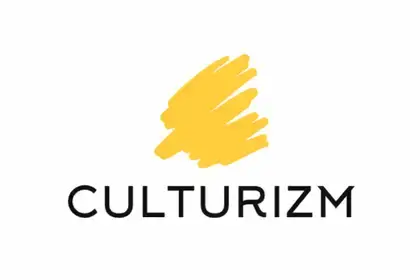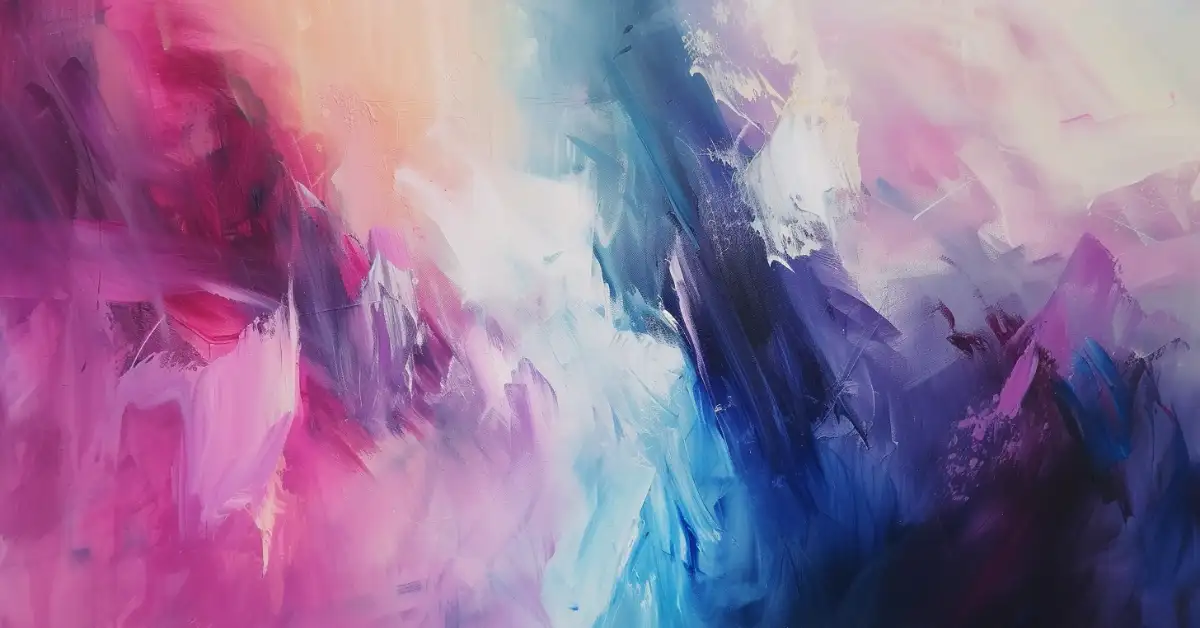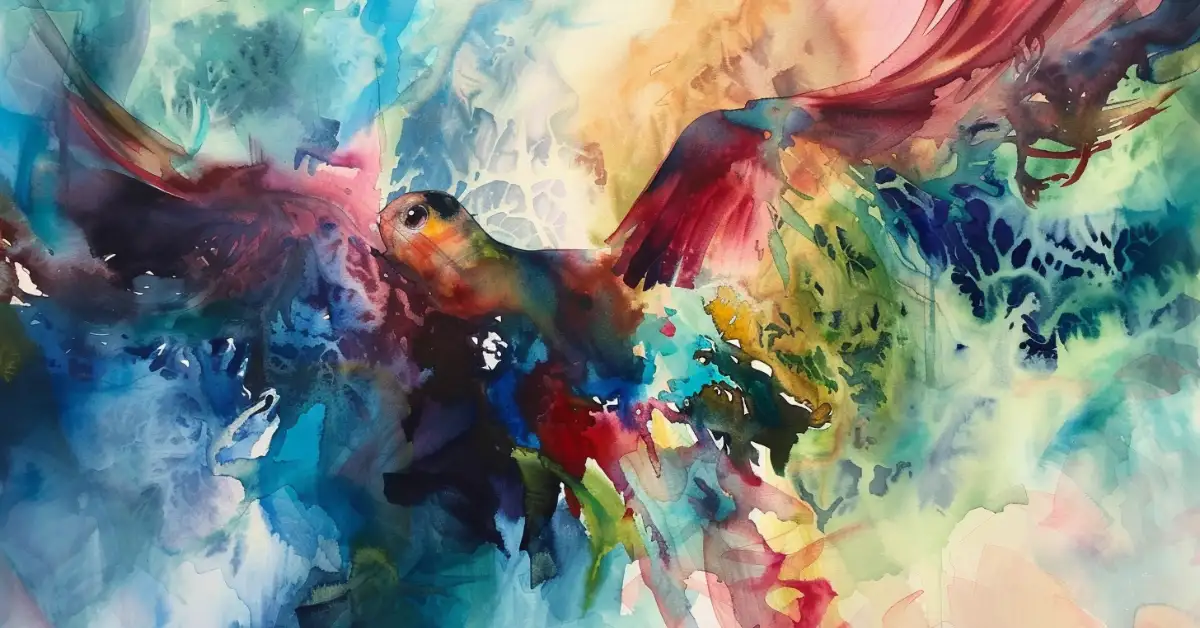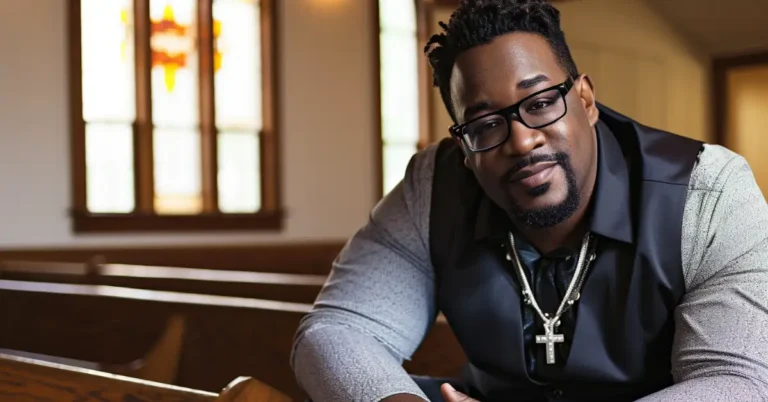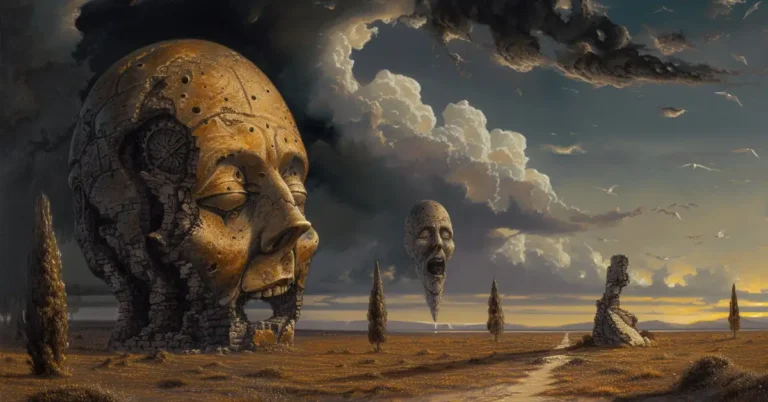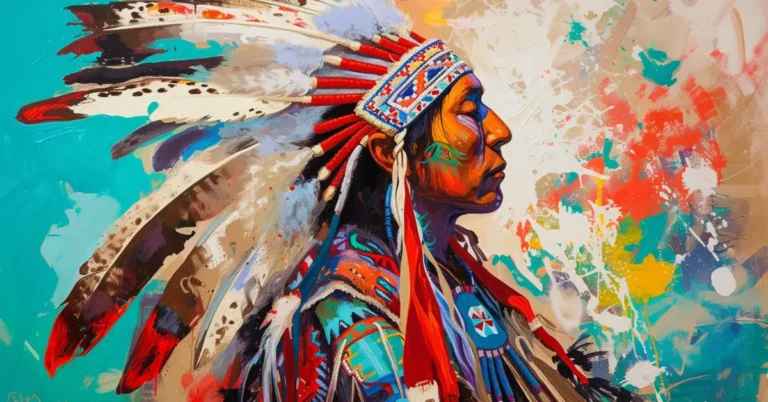Explore the dynamic world of contemporary artists of today and discover how they shape our understanding of the modern era. Their innovative works, spanning a multitude of mediums, reflect and challenge our rapidly changing social and cultural realities. Engage with the art that not only captivates visually but also sparks critical conversations and drives transformation.
Contemporary Artists of Today
We’re diving into some of the most influential contemporary artists of today, exploring each unique style and why they stand out in the art world.
25. Edward Ruscha

Ed Ruscha’s use of typography and commercial themes within his works connects with broad audiences, making him a distinctive voice in contemporary art. His mastery in blending words and images is why we regard him as paramount in the modern art scene.
24. Cindy Sherman

Cindy Sherman’s self-portraits are transformative, examining identity and representation. Her uncanny ability to tell a story through her photography secures her place as a pivotal contemporary artist.
23. Mark Bradford

Experimenting with materials from his urban environment, Mark Bradford’s deeply layered collages and paintings address social and political issues. His innovative techniques earn him a spot among today’s top contemporary artists.
22. Marina Abramović

Marina Abramović’s powerful performances challenge viewers’ perceptions of art and life. Her fearlessness in exploring body limits has made her an icon in performance art.
21. Gerhard Richter

Mixing photographic images with painterly touches, Gerhard Richter’s diverse body of work spans from abstract to photorealistic. This flexibility makes him one of the preeminent contemporary artists.
20. Tracey Emin

Tracey Emin’s deeply personal and confessional artwork, ranging from provocative neon text to candid drawings, confronts universal human experiences. Her authenticity resonates in the contemporary art world.
19. Jenny Saville

Jenny Saville redefines modern figure painting with her large-scale depictions of the human form, challenging notions of beauty and femininity. Her arresting visual language is what sets her apart.
18. David Hockney

Known for his vibrant landscapes and intimate portraits, David Hockney’s innovative outlook on perspective and color keeps his work at the forefront of contemporary art.
17. Julian Schnabel

Julian Schnabel’s “plate paintings” and bold use of materials disrupt traditional painting techniques. His audacious style holds a mirror to contemporary society.
16. Richard Prince

Through appropriation, Richard Prince recontextualizes imagery from mass media, questioning authorship and originality. His controversial works prompt us to consider the nature of art itself.
15. Wolfgang Tillmans

Wolfgang Tillmans’s photography captures the intimacy of ordinary life and the urgent political issues of our time, making him a significant figure amongst contemporary artists.
14. Olafur Eliasson

Engaging with environmental concerns, Olafur Eliasson creates experiential installations that highlight the relationship between nature and human perception.
13. Banksy

The elusive Banksy’s street art combines dark humor with a distinctive stenciling technique. His satirical social commentary continues to captivate the public and spark dialogue.
12. Albert Oehlen

Albert Oehlen pushes the boundaries of abstract painting with his provocative and rule-defying compositions, earning him acclaim in the contemporary art sphere.
11. Keith Haring

Keith Haring’s iconic, graphic imagery and activism are rooted in street culture. His legacy lives on as a defining feature of 20th-century art.
10. Anish Kapoor

Anish Kapoor’s monumental sculptures play with form and perception. His use of scale and color challenges viewers and makes us rethink the space around us.
9. Kara Walker

Kara Walker confronts historical narratives through her stark silhouetted figures, addressing race, gender, and violence. Her bold storytelling anchors her work in current discussions.
8. Zeng Fanzhi

The emotional intensity and expressive brushwork in Zeng Fanzhi’s paintings address human contemporary psychology and Chinese history. His impactful art draws attention to China’s cultural complexities.
7. Jeff Koons

Jeff Koons’ kitsch and large-scale sculptures redefine the meaning of taste and art’s marketability, stirring both admiration and critique.
6. Damien Hirst

Damien Hirst’s exploration of mortality through installations and paintings has provoked the art world, making his body of work synonymous with contemporary British art.
5. Anselm Kiefer

Addressing themes of history, memory, and mythology, Anselm Kiefer’s textured paintings and sculptures hold a powerful presence in the narrative of contemporary art.
4. Yayoi Kusama

Yayoi Kusama’s immersive installations and iconic polka dots have made her a darling of the contemporary art scene, offering a gateway into her infinite worlds.
3. Takashi Murakami

Takashi Murakami blurs the line between high and low culture with his Superflat aesthetic, pulling inspiration from manga and traditional Japanese art.
2. Ai Weiwei

As an activist and artist, Ai Weiwei’s work is both politically charged and culturally poignant, reflecting on human rights and freedom of expression.
1. Jean-Michel Basquiat

Jean-Michel Basquiat’s raw and expressive works, born out of street art, explore themes of race, class, and heritage, keeping his legacy alive and relevant.
Each of these artists has made unique contributions to the sphere of contemporary art, securing their positions as some of the best contemporary artists of today. Through individual styles and distinct narratives, they continue to inspire and provoke thought within the art community and beyond.
What Defines Contemporary Art?
- Current Era: Contemporary art refers to art made by artists who are living and creating works in our current time. It’s the art of the “now” and is continuously evolving
- Challenges Tradition: It often challenges traditional boundaries of art, questioning and defying the easy definition and classification of styles and genres.
- Diverse Mediums: Unlike classical art forms, contemporary art is not limited to traditional mediums like painting and sculpture. It includes a variety of mediums such as digital art, installation, performance art, video, and more.
- Social Commentary: Contemporary art frequently addresses themes of social injustice and makes cultural or political statements. It can serve as a reflection of societal issues and often provides commentary on current events.
- Global Influence: Today’s contemporary artists are influenced by and respond to a global environment that is culturally diverse, technologically advancing, and multifaceted.
- Innovative Use of Materials: Artists often employ unconventional materials and methods in their creations, such as bee pollen, old tires, or digital technology, pushing the boundaries of how art is defined and experienced.
- Concept Over Form: The idea or concept behind the work can be as important as the finished art object. Contemporary artists often place emphasis on the meaning and context of the art rather than focusing solely on the aesthetic qualities.
- Interdisciplinary Nature: Contemporary art often crosses over with other disciplines such as science, philosophy, and technology, creating a rich dialogue between fields and contributing to the narrative of the artwork.
- Experiential Engagement: Many contemporary artworks are designed to be interactive or immersive, engaging the audience in a way that is experiential rather than passive.
- Diversity of Artists: The field is inclusive of artists from a wide range of backgrounds, cultures, and perspectives, contributing to the rich and varied tapestry of contemporary art.
FAQ – Contemporary Artists of Today
What is contemporary art in 21st century?
Contemporary art in the 21st century is diverse, encompassing a variety of styles, materials, and concepts, often reflecting on modern society and challenging traditional boundaries.
What is today’s art called?
Today’s art is commonly referred to as contemporary art, which reflects current cultural trends, technologies, and societal issues.
Is digital art contemporary art?
Yes, digital art is considered a form of contemporary art, as it is created using modern digital technology and reflects current artistic practices and cultural dialogues.
How do you look at contemporary art?
To look at contemporary art, approach it with an open mind, engage with the work’s concepts, and consider the context and the artist’s intent. Allow yourself to experience the piece beyond just visual observation, reflecting on how it resonates with you personally or within the broader societal framework.
If you enjoyed our blog post on “Contemporary Artists of Today,” we’d love to hear your thoughts! Please share your experience with us in the comment section below.
If you want to keep reading more from us, have a look at these articles.
